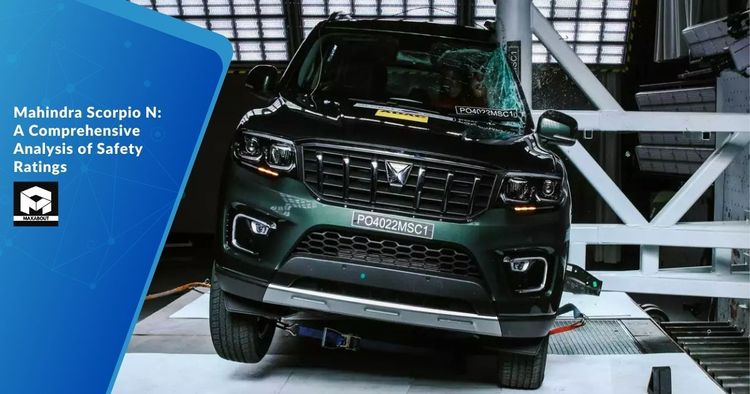Introduction
In a recent development, the Mahindra Scorpio N underwent an extensive evaluation through the Australasian NCAP crash test, revealing a nuanced assessment of its safety performance. Despite earning a commendable five-star safety rating from the Global NCAP, the Scorpio N faced a significant setback, securing zero stars in the A NCAP crash test.
In-Depth Evaluation: Adult and Child Occupant Protection
A closer look at the scores reveals a mixed performance across safety categories. In terms of adult occupant protection, the Scorpio N achieved a score of 44 percent, translating to 17.67 out of 40. While this score raises concerns, the vehicle demonstrated a comparatively robust performance in child occupant protection, earning an 80 percent rating (39.27 out of 49). However, the vulnerability in road user protection became apparent as the Scorpio N managed only a 23 percent score.
Critical Omission: Advanced Driver Assistance Systems (ADAS)
A pivotal factor contributing to the Scorpio N's subpar rating in the A NCAP test is the absence of Advanced Driver Assistance Systems (ADAS). Despite featuring fundamental safety elements, the absence of ADAS proved to be a decisive factor, causing the vehicle to fall short of meeting the stringent safety standards set by the Australasian NCAP.
Detailed Insight into the Tested Model: Scorpio Z8 L Trim
The vehicle subjected to the crash test was the Scorpio's top-tier Z8 L trim, equipped with a robust 2.2-liter diesel engine. It's crucial to note that testing standards can vary across regions. While the Scorpio N is marketed globally, the crash test parameters differ based on the testing location, adding complexity to safety evaluations.
Global Perspective: Bharat NCAP Standards
For those interested in understanding the safety ratings of cars produced in India, a critical consideration is the upcoming Bharat NCAP standards. These standards are derived from and based on the Global NCAP, making it imperative to closely observe Global NCAP ratings as a reliable reference point. This approach ensures a comprehensive understanding of the safety standards applicable to cars manufactured in India, offering insights into their performance in various global contexts. As the Scorpio N's case highlights, a global perspective remains crucial in comprehending the nuances of automotive safety standards.

